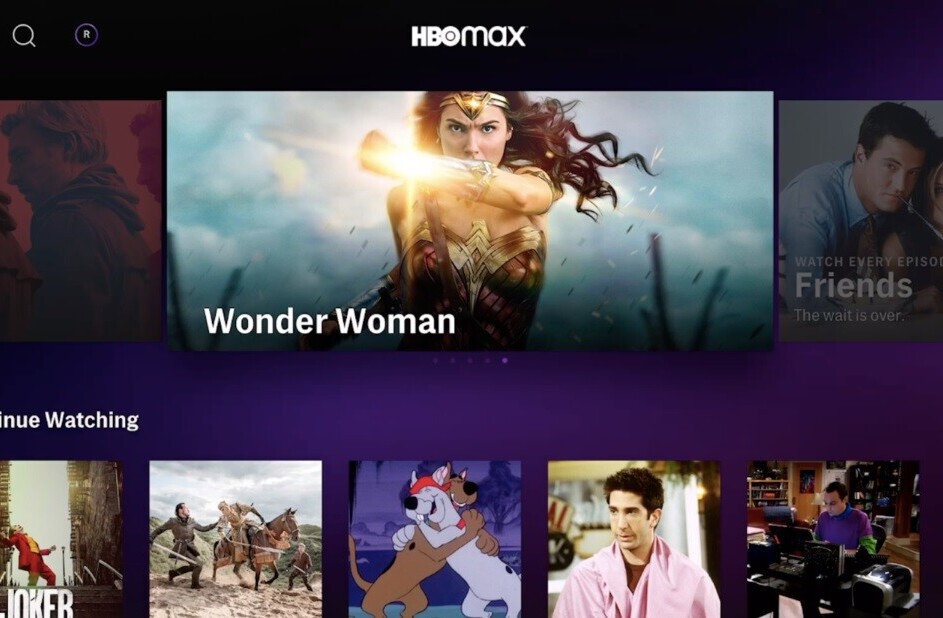
If you’ve been following online trends over the past few years, you’ll no doubt have noticed the hockey stick-growth of crowdfunding as a ‘thing’. From smartwaches and ad campaigns, to mobile phones and everything in between, someone at some point has taken to the Web’s myriad of crowdfunding portals to try to see their visions through to reality.
But what about books? Well, sure, you can turn to Kickstarter and Indiegogo, but one budding entrepreneur has her sights set on building a dedicated platform specifically to help authors garner enough funds to push their work to the masses.
Publish? Pubslush.
Amanda Barbara is the vice president of Pubslush, a New York-based crowdfunding platform that has, for the last couple of years, set out its stall to become the preeminent go-to for writers. Writers, that is, without the capital to see their books through to market.
With a full-time team of less than ten, Pubslush is still a company on the up, but is has already undergone a minor pivot of sorts, one that steered it away from a very similar company based out of London.
Launching in September 2011, Pubslush was originally more akin to Unbound (previous coverage), insofar as once the funding had been finalized, it also became the publisher.
“We found there was a much bigger need for people to raise funds and choose what they wanted to do at the end of the process,” explains Barbara.
As such, Pubslush relaunched in August 2012, so it’s actually only been live for a little more than a year in its current guise. Now, if you crowdfund for thirty days and decide you want to self-publish, you can do. Alternatively, if you want to tempt a publisher with the impressive figures you notched up during your crowdfunding campaign, well, you can do.
And this is an important point to pick up on – as with Indiegogo, Kickstarter and all the rest, crowdfunding has emerged as much more than a simple platform for raising capital – it’s basically a market validation tool. Something that can be used to ‘prove’ an idea has legs.
“It’s a huge advantage this, being able to test the market prior to publication, and we’re seeing a huge boost in people’s sales after the process, with this pre-marketing and pre-publication of their books,” explains Barbara.”
The need for niche

When all is said and done, is there actually a need for niche crowdfunding platforms? Naturally, Barbara believes so.
“I think that we’ll see a need for more niche platforms in the next few years,” she says. “Why? Because I think it’s important to identify who your audience is, and know you’re going to a platform that specializes in attracting that specific audience. Kickstarter and Indiegogo are both amazing platforms, and they’re obviously doing something right. But I really do find that the struggles with these types of platforms will always be that they have so many projects going on at one time, that some projects will always be overlooked.”
The need for niche is subtly taking Pubslush away from its bigger brethren. On the one hand, Pubslush in its most basic form is very much the ‘Kickstarter for authors’, but on the other hand it’s looking to make it easier to raise money too.
“It’s not like other crowdfunding sites, where if you don’t raise, say, $10,000 you can’t go-ahead,” continues Barbara. “A lot of the authors using Pubslush are using it as a supplement – they’re ready to go ahead with their book, they’re trying to mitigate some of their own risk, gain some momentum.”
Indeed, each project can set a minimum goal and a maximum goal. They can set a minimum goal over $500, so they may stipulate ‘$1,000’ which could, for example, be a reasonable budget to cover an editor. But equally, they could set their upper target at $30,000, which would enter into hardback-printing and marketing territory, if they were going for the big push. If it doesn’t meet the minimum goal, nothing progresses through Pubslush, but apart from that, it’s all systems go regardless of how money is raised.
In terms of cuts, Pubslush charges a set rate of 4% on all funds raised on successful projects, which compares with 5% on Kickstarter, and 9% on Indiegogo, though 5% of that is returned if your project reaches its goal. So all in all, Pubslush charges around the going rate of other similar companies.
Another area where Pubslush is looking to differentiate on, is through fostering a sense of community. “Once an author has raised their funds, we want them to remain part of Pubslush, and we even keep the book pages live and switch it over to a buy button. We drive traffic to an author’s Amazon pages.”
So with Pubslush, they’re trying to create a community of book-lovers, readers, and people who want to discover new content early on. People who want to be part of the process prior to publication.
“In the coming years, I think crowdfunding will be the natural step before pressing the publish button,” says Barbara.
The story so far
At the time of writing, more than forty books have been successfully funded – meaning that they met their minimum goal, with 10,000 users – including authors, publishers and funders – have signed up.
But what books that have been funded and gone to market? Well, there is a whole list here, but one example would be The Legacy Life, How to Connect, Communicate and Collaborate to Increase Sales, a “source of practical wisdom for business owners and sales professionals to increase sales,” which raised more than $30,000 and is now on sale via Amazon for $5.13 (Kindle edition) or $29.75 (hardback).

For now, Pubslush links to Amazon only, and has no plans to enter the e-commerce game by selling books directly. But in the next six months or so, readers should be able choose to buy through Amazon, Barnes & Noble, Kobo and more.
And what kind of books are we talking here – self-published PDFs or fully-fledged paper- and hardbacks?
“People constantly ask us if they should produce in print or just digital,” says Barbara. “And I can’t overstate the importance of making your book available in both digital and print. More than half of readers still read print books, there is such a huge demand for print today, even with all the technology we have. If you don’t give the option to the reader to be able to buy your book in print, you’re doing yourself a disservice.”
But who exactly is turning to Pubslush? Stephen King? J.K. Rowling? Not yet, it seems.
“Generally, they’re new authors,” says Barbara. “We’re seeing a lot of first-time authors coming on Pubslush and using it to get their names out there. That said, we’re doing a lot of outreach to successful authors, and we’ve met several along the way that are looking into using Pubslush. As a successful author you’re not necessarily doing it for the money, so there may be other factors at play.”
The death-knell for publishers?
With self-publishing, print-on-demand and, indeed, crowdfunding all gaining momentum, you could be forgiven for thinking that Pubslush was aspiring to put the boot into publishers, but that ain’t so. In fact, far from it.
Barbara says the company will be going full-steam ahead with its Pubslush Pro program for publishers in the new year, letting them create customized pages to crowdfund their own books prior to publication. “The future for the traditional publisher is not looking good, because it’s so easy to do it yourself,” says Barbara. “People are choosing to keep all their rights. But we’ve been getting a really positive response in the (publishing) market, people are looking for something new and innovate.”
Crowdfunding masterclass
Barbara will be giving a TNW Academy masterclass on December 12, 2013 on crowdfunding for authors, providing step-by-step instructions on how to run a successful campaign. You can sign up right here: From Crowdfunding to Bestselling.
What you can expect Barbara to cover during her talk? It’s all about being strategic with the planning. Simply listing your book will not work.
“The most important thing I’d say is how important it is to put down some pre-campaign tactics ahead of time,” says Barbara. “You work on your book for months, or years, and decide to publish, so there’s no need to rush it. When it comes to publishing, you need the right tactics – this is prior to Amazon, and even prior to Pubslush. You need to start putting marketing tools in place to be successful.”
In real terms this could be any number of things.
“We always advise authors to identify their audience: ‘Who is your ideal reader’?”, she continues. “Also, make a realistic goal, and do your research – what are your costs going to be? A lot of our authors are first-timers, they need this advice. They’ve never done this before.”
Feature Image Credit – Shutterstock
Get the TNW newsletter
Get the most important tech news in your inbox each week.




